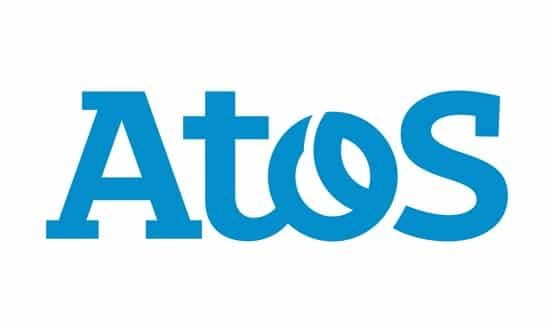PAC slams GPES failures
- 4 January 2016

Whitehall is still failing to learn from IT failures and is continuing to make “very common mistakes”, the Public Accounts Committee has concluded in a report on the late, over-budget and under-performing GP Extraction Service.
In the report issued over New Year, the Commons’ committee also castigates the organisations involved in the GPES project, which was supposed to enable data to be extracted from practice computer systems for planning, payment, and quality management.
It says the Department of Health failed to exercise effective oversight of the NHS Information Centre, that the NHS IC lacked the “expertise or capability” to run the project effectively, and that the NHS IC applied the wrong contracting and testing approaches.
However, the PAC reserves its strongest criticism for Atos, which was awarded the contract to produce the software that was supposed to interact with the four practice systems in use in England.
It says Atos “did not show an appropriate duty of care to the taxpayer” and that it failed to provide “proper, professional support to an inexpert client” when it allowed the NHS IC to accept the system without end to end testing.
Among its recommendations, it says the Cabinet Office should “undertake a full review of Atos’ relationships as a supplier to the Crown” and “note carefully this example of sharp practice” when considering how contractors should behave.
The National Audit Office produced a report on GPES last year, which was subsequently the subject of a PAC hearing.
The report on that hearing says the GPES project began in 2007, when the suppliers of the four practice systems in use in England were contracted to produce software that would enable data to be extracted from them.
Atos won the contract for the central software in 2011, and the NHS IC accepted this in March 2013. The NHS IC was then closed and replaced by the Health and Social Care Information Centre, which discovered that “the system had fundamental design flaws.”
The report says this was because the testing that the NHS IC and Atos had agreed “did not examine data extractions from multiple systems at the same time, nor the complete process of extracting and then passing GPES data to third party systems.”
In response to the “severe problems” that emerged when this was tried, the HSCIC had to agree remedial work with Atos that “took six months to complete."
The HSCIC told the PAC that Atos was paid £1.9 million over the fixed contract price, while the company insisted this was for new features.
What is not in dispute is that the HSCIC has been unable to apply financial or legal sanctions. The PAC report says this is because of the “inappropriate” fixed price contract agreed for the work, and the NHS IC’s decision to sign-off on the system and make “public announcements about the success of GPES.”
This, it says dryly: “Left the HSCIC with “no practical legal recourse when the system turned out not to work.”
At the same time, the PAC report notes that “no-one in the Department or the HSCIC has been held responsible or disciplined for the failure of the programme or the loss of taxpayers’ funds.”
Taking a wider view, it adds: “The project exhibits many weaknesses common to other high profile IT failures, such as the National Programme for IT in the NHS, the Single Payment Scheme [the agricultural subsidy administered by the Rural Payments Agency, which had such severe IT problems that UK farmers resorted to paper mapping and submissions] and Tax Credits.
“These include: lack of staff continuity, inadequate testing, the wrong contracting approach and a governance structure that was not fit for purpose. Whitehall has to start learning from these failures and make real changes to how IT projects are delivered.”
GPES extractions were supposed to start in 2009-10, but did not start until April 2014. The system is now being used by two of the eight organisations identified as potential users, and "is only delivering about half of what was specified and paid for.”
The HSCIC is now considering its future. Despite this, the expected cost rose from £14 million to £40 million during the planning and procurement phase, and has since risen further, because of write-offs, additional settlements, and delays.
Meg Hillier MP, chair of the PAC, said: "Once again we see a failure in a government IT project at huge cost to the taxpayer. The government needs to get its house in order, properly address these very serious failings and ensure public money is not squandered in such an irresponsible manner."
In a statement, Atos told news organisations that “it did not have visibility of the end-to-end programme” and so could not advise on it. It added: “On the part of the system we built, we collaborated fully. Where issues were found, we fixed them quickly at our own cost.”




